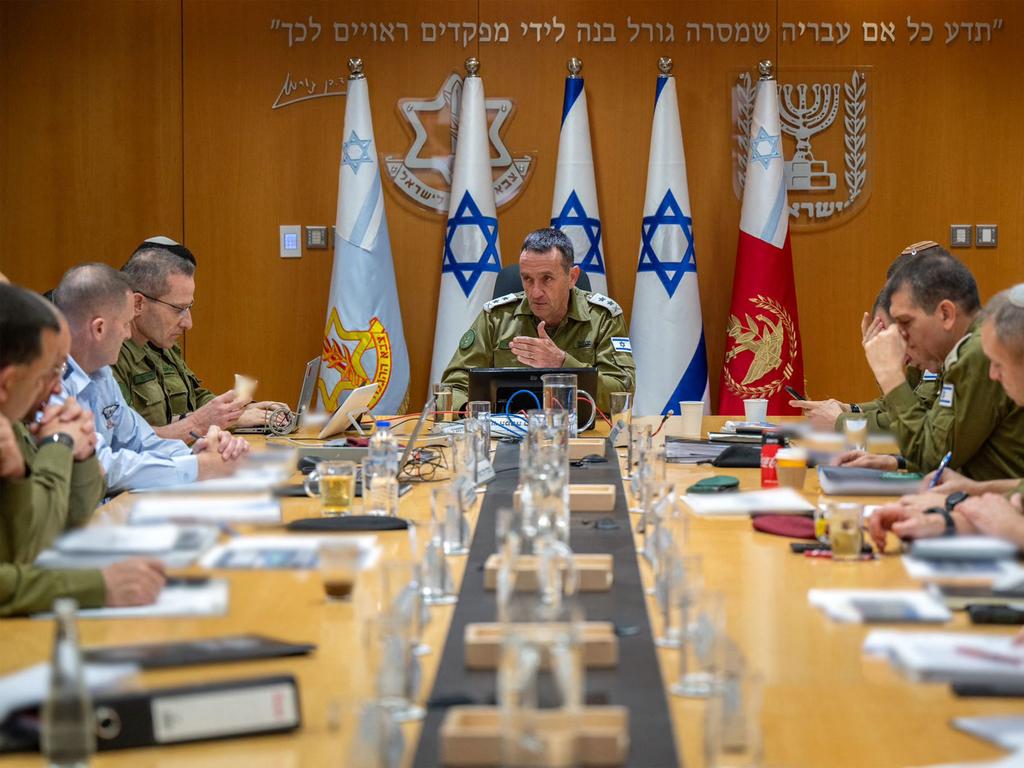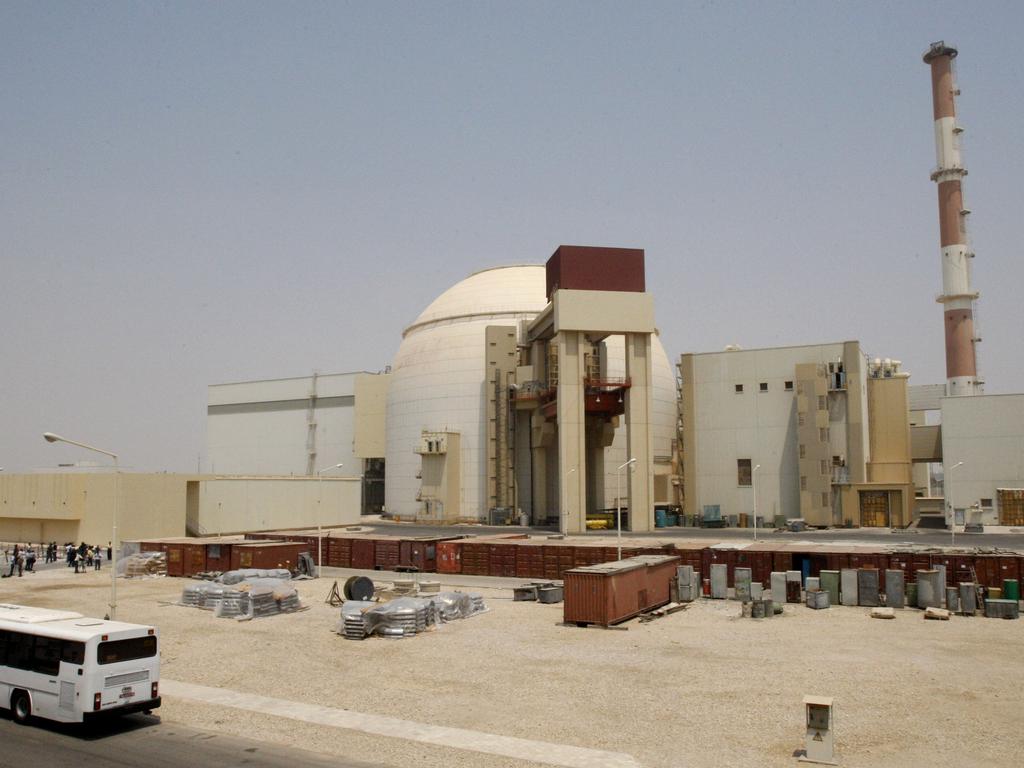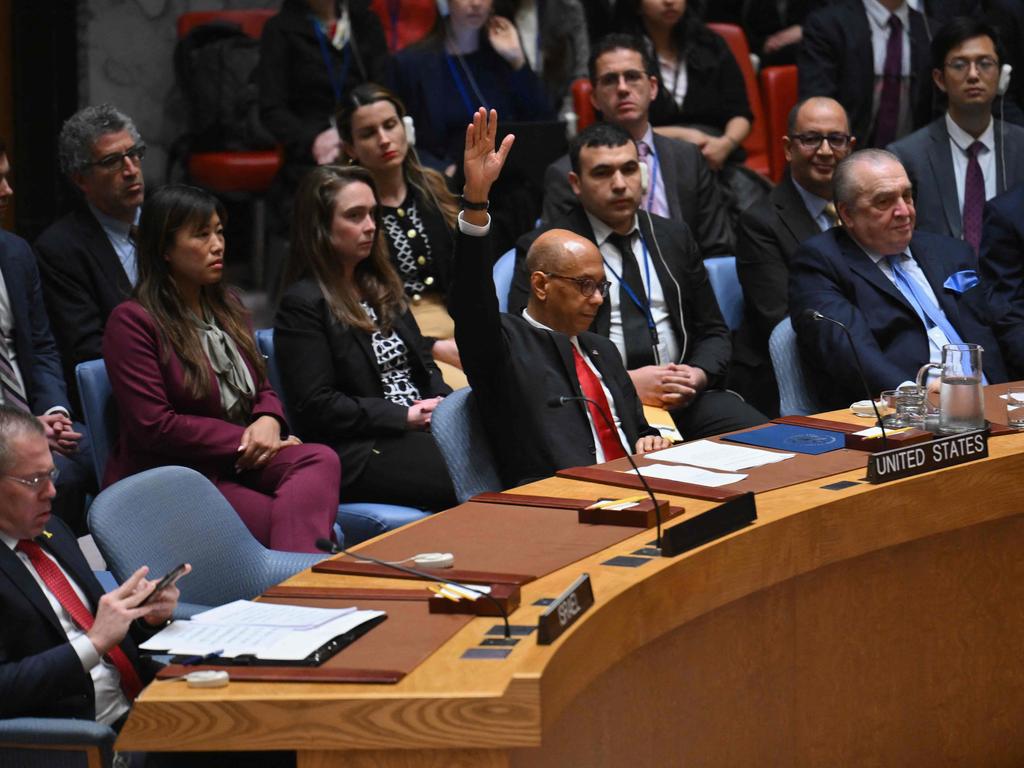Middle East at a flashpoint as Israel strikes back at Iran
The Middle East risks being engulfed in a major war after Israel launched a direct air strike against military targets in Iran, in a high-stakes retaliation for Tehran’s attacks on Israel early this week.

The Middle East risks being engulfed in a major war after Israel launched a direct air strike against military targets in Iran, in a high-stakes retaliation for Tehran’s attacks on Israel early this week.
Iran did not immediately respond to the attack, despite having previously threatened to hit back against any Israeli assault.
Any tit-for-tat military response by Iran, either directly or through its proxies in the region, could trigger a devastating region-wide war at a time when Israel is already at war against Hamas in Gaza.
US and Israeli officials said Israel launched a limited attack on an Iranian military base near the central city of Isfahan, drawing fire from Iran’s air defences. But Israel did not attack Iran’s nuclear facilities, a move that would have been considered much more provocative. The International Atomic Energy Agency said there was no damage to Iran’s nuclear facilities.
Israel did not officially comment on reports that it had struck Iran but one Israeli official said the operation was intended to signal to Iran that Israel had the ability to strike inside the country.
The Albanese government said it feared Israel’s strike on Iran would unleash further hostilities and urged the nations to “step back to avoid a further spiral of violence”.
“Australia remains extremely concerned about the potential for miscalculation and further escalation of conflict in the region,” Acting Foreign Minister Katy Gallagher said.
“This is in no one’s interests.”
No other targets were attacked by Israel in the hours that followed, leading to speculation that this was a deliberately limited response by Israel, calculated at avoiding a further tit-for-tat military exchange and a potential escalation to full scale war.
Just hours before the Israeli attack, Iranian Foreign Minister Hossein Amir-Abdollahian warned that if his country was attacked, its response would be immediate and “at a maximum level”. But a senior Iranian official told Reuters news agency after the attack that “Iran has no plan for immediate retaliation against Israel.”

Iran’s space agency spokesman Hossein Dalirian said on X that several drones had been “successfully shot down by the country’s air defence”. “There are no reports of a missile attack for now,” Mr Dalirian said.
Israeli Knesset member Tally Gotliv, an outspoken member of the far-right, posted an apparent reference to the strike: “Good morning, people of Israel. This is a morning in which the head is held high with pride. Israel is a strong and powerful country. May we regain the power of deterrence.”
Iran temporarily cancelled flights from its major airports, including all flights in Tehran, in response to the Israeli attack.
The Department of Foreign Affairs and Trade urged Australian citizens in Israel to “depart if it is safe to do so” given “a high threat of military reprisals and terrorist attacks against Israel and Israeli interests across the region”.
The Israeli attack came despite the US and European nations urging Israel not to retaliate against Iran after Tehran launched more than 300 drones and missiles at Israel six days ago. US officials said Israel had warned Washington that a strike was imminent, but the US did not endorse it and has said it would not assist in any Israeli military action against Iran.
Iran’s attack on Israel last Sunday (AEST), the first direct attack of its kind, was largely unsuccessful, with a coalition of Israeli, US and UK forces shooting down an estimated 99 per cent of the enemy drones and missiles. The Iranian strikes caused only slight damage to the Nevatim air force base in the Negev desert in southern Israel and injured a young girl.
The Iranian attack was in retaliation for the Israeli strike on an Iranian diplomatic compound this month in Syria that killed seven members of Iran’s Islamic Revolutionary Guard Corps, including two senior commanders.
Any response against Israel by Iran in coming days could come directly from Iran or via its proxy forces in the region, including the heavily armed terror group Hezbollah in Lebanon, which has a huge stockpile of missiles that it could launch against Israel.
Executive Council of Australian Jewry co-chief executive Peter Wertheim said peace between Israel and Iran could only be achieved by the downfall of the religious dictatorship in Tehran. “The Iranian regime has frequently proclaimed that it would one day launch a war of extermination against Israel,” Mr Wertheim said. “We are now seeing the evil fruits of that policy. Only the downfall of the clerical dictatorship in Iran can end this conflict and restore normal, peaceful relations between the two countries, which existed before the clerics’ rise to power.”
Earlier, a senior Iranian official warned that Iran could work on building nuclear weapons if Israel attacked its nuclear facilities in retaliation for the drone and missile strike Tehran launched against Israel last weekend. Brigadier General Ahmad Haghtalab, commander for security of Iran’s nuclear facilities, said Iran could change its nuclear policies – a reference to Supreme Leader Ayatollah Ali Khamenei’s longstanding public pledge not to build nuclear weapons.
“If the counterfeit Zionist regime would want to use the threat of attacking our country’s nuclear sites as a tool to put Iran under pressure, revision of the Islamic Republic’s nuclear doctrine and polices as well as a departure from the previously announced reservations is conceivable and probable,” General Haghtalab said.








To join the conversation, please log in. Don't have an account? Register
Join the conversation, you are commenting as Logout